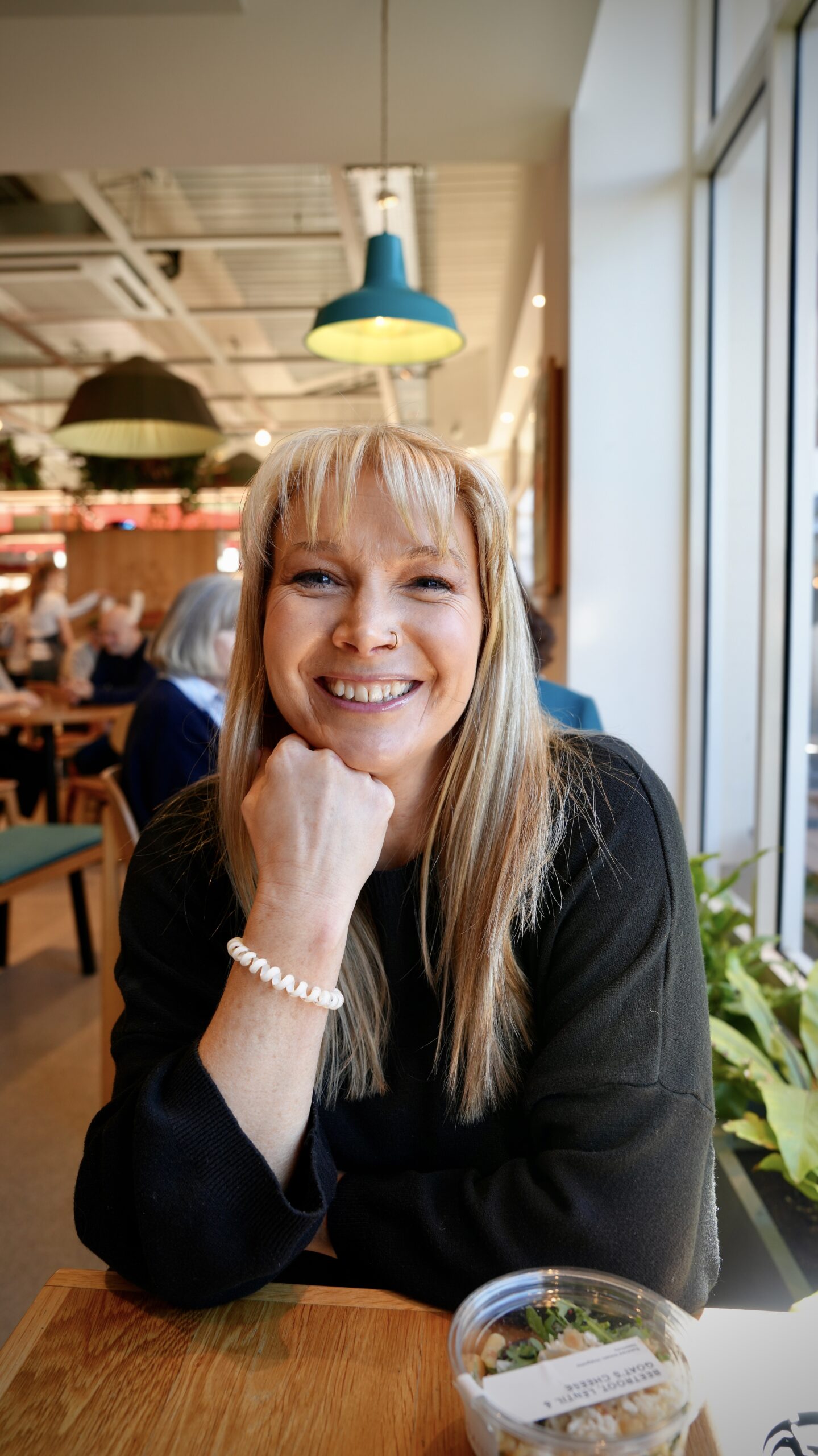Finding Light in the Shadows
Your Journey to Healing Begins Here
If you’re here wondering about the signs of depression, you’re not alone.
Depression doesn’t always look like sadness. It can appear as exhaustion, disconnection, or a quiet sense that something’s just… off. It doesn’t mean you’re weak if you’re feeling stuck, low, or like you’ve lost your spark. It means you deserve support. This page will gently walk you through what depression can feel like and how therapy might help.
Navigating the Storm Within
You Are Not Weak. You Are Not Broken. You Are Not Alone.
Depression doesn’t always look like what we expect. It can be the quietest people in the room who smile, keep going, and feel utterly exhausted inside.
If you’re waking up feeling empty, stuck in a cycle of sadness, or wondering why you can’t “just snap out of it,” please know this: depression is not a failure. It’s an actual mental health condition, and you deserve support to navigate through it.
Beyond Sadness: The Reality of Depression
What Depression Really Looks Like (Even If You Hide It Well)
You may be:
-
Constantly tired, even after sleeping
-
Losing interest in things you used to enjoy
-
Overwhelmed by guilt or hopelessness
-
Crying without knowing why
-
Feeling numb, disconnected, or worthless
-
Thinking, “What’s wrong with me?”
The truth? Nothing is wrong with you. You’re hurting. And healing is possible.
Understanding Depression
Depression Isn’t Just Sadness, It’s a Battle You Don’t Choose
Some people experience depression after loss, trauma, or change. Others don’t know where it came from; it just arrived quietly.
What matters is not the “why”; it’s how you move forward. You don’t need an apparent reason to get support.
Therapy Expectations
A Non-Judgmental Space, At Your Pace
You can bring anything to the session: grief, guilt, confusion, or numbness. We might explore:
-
What your feelings are trying to say
-
The stories you’ve been told (or tell yourself)
-
New coping strategies when things feel too heavy
Therapy isn’t about fixing; it’s about softening what’s been hard to hold alone.
Counselling Effectiveness
Does Counselling Work for Depression?
Yes. Studies from the British Association for Counselling and Psychotherapy show that counselling is an effective treatment for depression and anxiety.
Many begin with six sessions, but the pace and duration are up to you. You decide how long we work together; there’s no pressure.
Building Trust
Confidentiality is Key
Everything you share is confidential. I only break that confidentiality if I believe you’re at risk of harm or if required by law, and I will always speak with you first.
My priority is creating a space that feels emotionally and physically safe.

Therapist & Guide
Becky Stone
07510 495791
beckywhocares1@outlook.com
I’m Becky Stone, a qualified therapist based in Canterbury, Kent. I specialise in supporting people with depression, eating disorders, and neurodivergence. My work is grounded in compassion, trust, and trauma-informed care. Together, we’ll gently navigate what’s holding you back and create space for something softer, lighter, and real.


